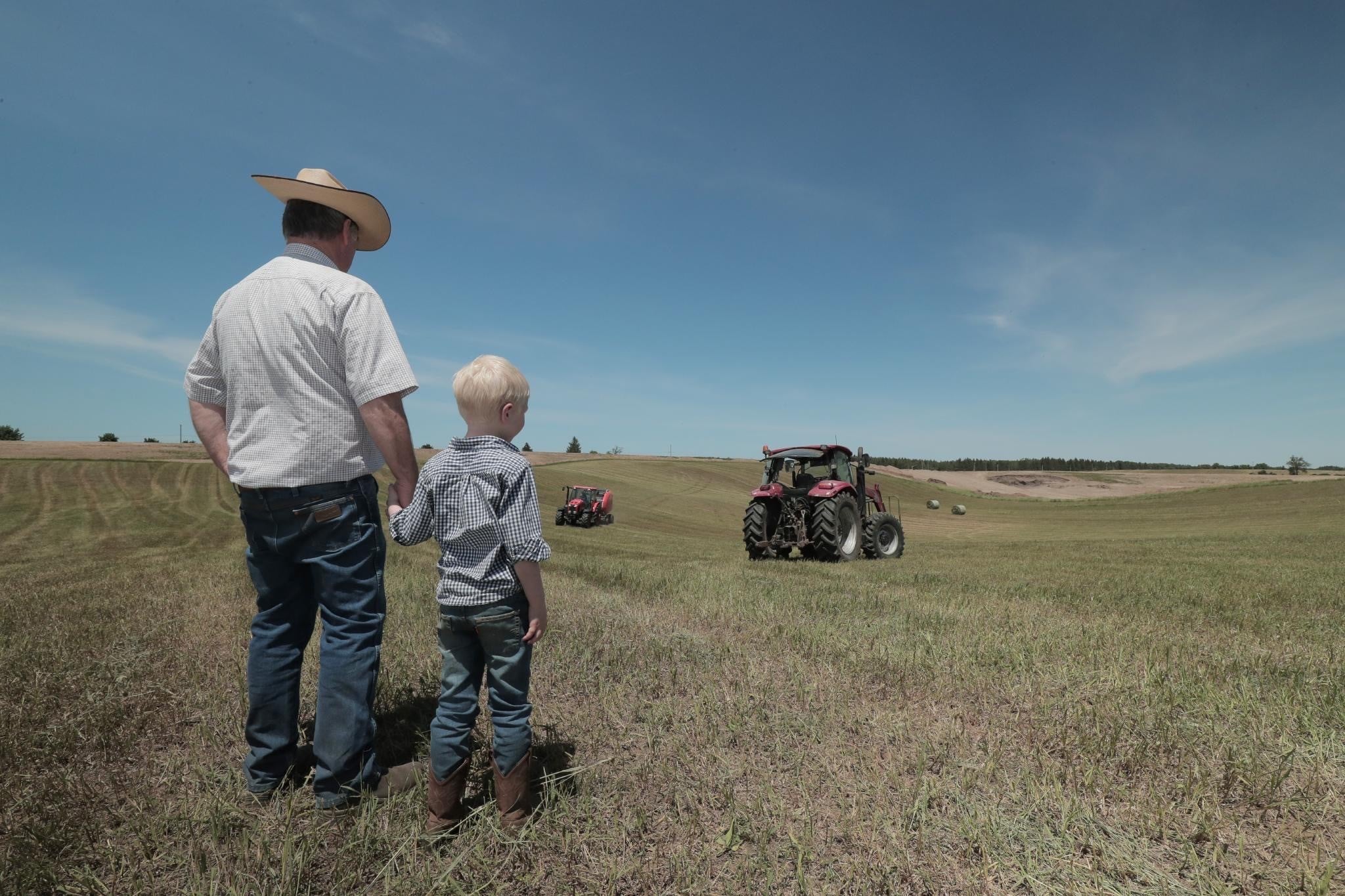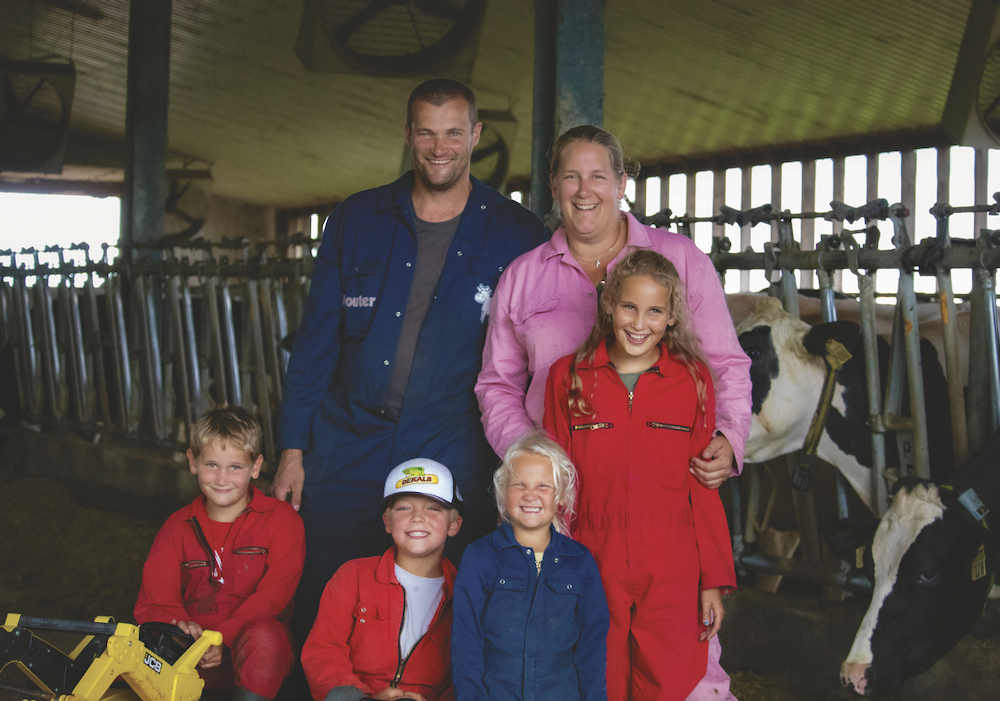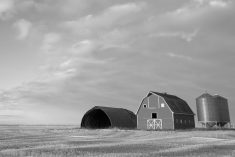It isn’t just the government red tape and the inevitable mountain of paperwork that comes with it that has driven some European farmers to Canada. It’s also the public’s negative perception of farmers and how it is fueling a lot of the regulations, especially around manure management, fertilizer use and animal welfare.
“There is no appreciation for a dairy farmer in the Netherlands,” says Wouter Van Breugel who moved to Canada with his wife and four children in 2021 and purchased a dairy farm at North Milton, P.E.I., in February 2022.
“When you’re a dairy farmer, people there don’t appreciate you,” Van Breugel says. “They think they don’t need you, so you have to defend yourself over and over. You have to defend why you keep animals, and the things you are doing because they will say that’s not good for the animals, or the environment, or for anybody.”
Read Also

Where convention and innovation meet
How one Ontario farm is integrating technology into their beef operation.
The family has found a huge difference in attitudes on P.E.I. where they have downsized from 300 head of milking cows in the Netherlands to 85.
“It is way different on P.E.I.,” Van Breugel says. “Here, when I say I’m a dairy farmer, people are like, we need you,” he says. “It’s so nice being here, and to be appreciated for what we are doing.”
Van Breugel says the family had to make a choice that came down to whether they continued as dairy farmers or not, something that just didn’t seem feasible for the future in their home country. While Canada is not free of regulations either, here the rules strike the Van Breugels as making more sense, and there is more trust that farmers know what they are doing and are doing the right things, he says.
“Things like no antibiotics in the milk make sense and I think that’s good,” Van Breugel says. “Here, when you think you need an extra treatment for a cow for mastitis or something, you can go ahead and do it, but in Holland, you need a note from the vet that it’s allowed and everything has to be documented. Here, you can make your own decisions but in Holland you are not allowed to.”
Settling in to Canada wasn’t hard for the Van Breugels, and like the Brinks, they credit their neighbours and the worker who was already working on the farm they purchased for helping them through the transition.
“The worker had already worked for a couple of years on the farm and he has many connections, so he helped us a lot; we could ask him anything,” Van Breugel says. “It was often the simple things that we didn’t know like where do you get tools or nuts and bolts. And the farmers here were very welcoming and wanted to help us, so if we had a question, we just asked them.”
All in all, the move has gone smoothly, and Van Breugel and his wife, Antje, and their four children have settled in well and already feel like part of the farming community.
“We don’t want to move to somewhere else,” Van Breugel says.
“On the island is great.”
Canada’s gain
It isn’t only their neighbours who are happy to see families like the Van Breugels get established. The EU’s loss is very much Canada’s gain, says Ontario REMAX broker Phil Spoelstra.

“If you have new immigrant farm families coming here from anywhere in the world and farming, that’s just going to bolster your family farm culture,” Spoelstra says. “They are bringing a lot of skills and work ethic with them, and if they’re able to bring the capital with them to make that happen, then I don’t see that as a bad thing. They are buying farms where a Canadian farmer has made the decision to retire, and there’s no succession plan, so why not have that continue as a family farm with new Canadians?”
Westerkamp sold more farms in the Maritime provinces last year than she ever has since her career in real estate began 11 years ago. All were purchased by farmers from Manitoba and Saskatchewan or the Netherlands; she has sold three dairy operations to immigrant Dutch farmers, despite some strict rules on ownership.
Any farmland for sale on P.E.I. must be advertised for 90 days during which only local residents have the opportunity to purchase it. After that, provided the land is not in a protected area, it’s opened up to other buyers from outside the province. Potential non-resident purchasers have to make a statutory declaration to IRCC (Immigration, Refugees and Citizenship Canada) during their immigration application process that they intend to live on P.E.I. and become an island resident.
“P.E.I. is very strict about this. It’s about the intent to live here and not just invest in land,” Westerkamp says.
Prices continue to climb in every province so it’s becoming a question of who has the money to spend on farmland rather than where they are from.
“Purchasers would come in with 40 per cent and finance the rest, but with high interest rates right now, this can be difficult,” Westerkamp says. “It is the stronger buyers that are coming in.”
















